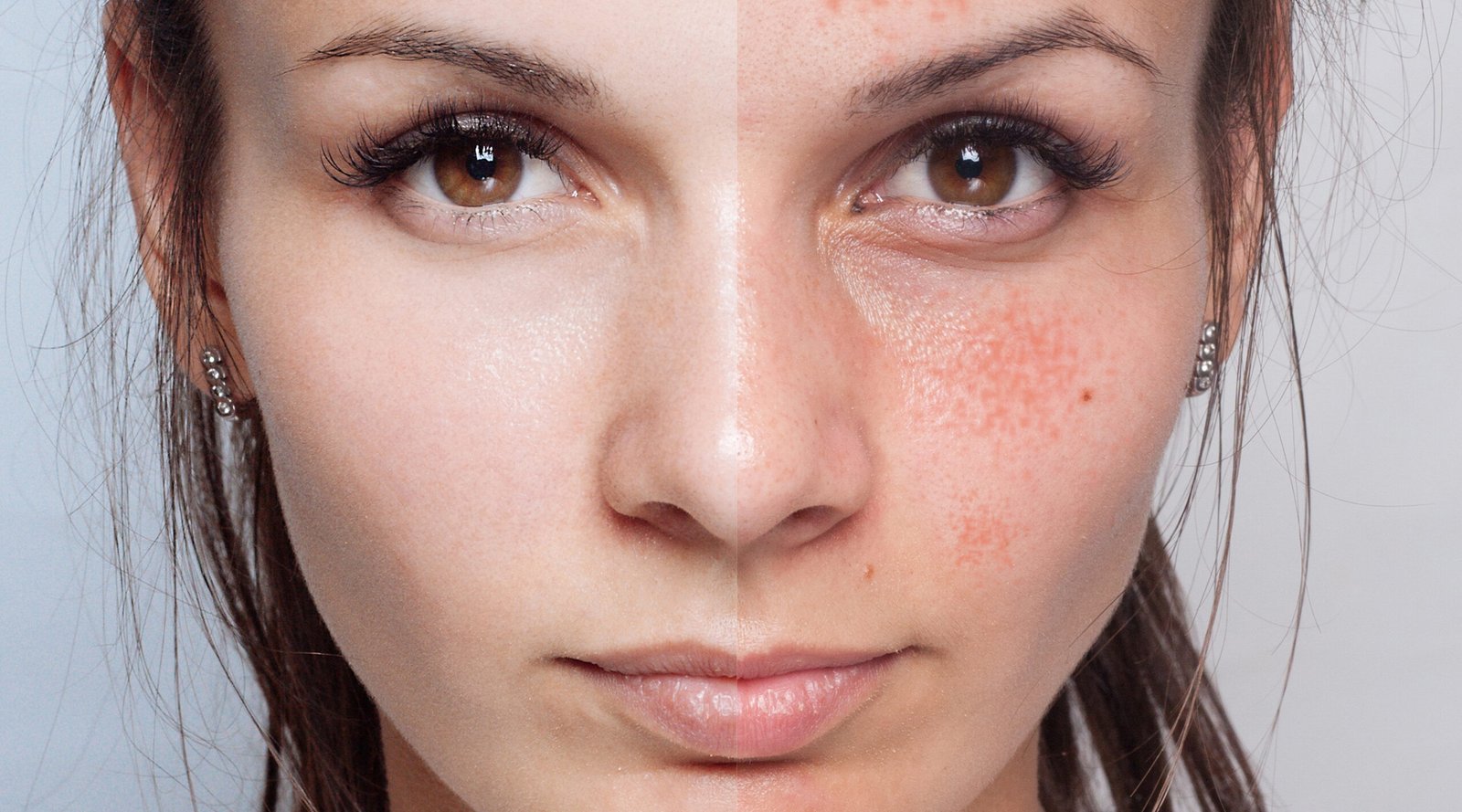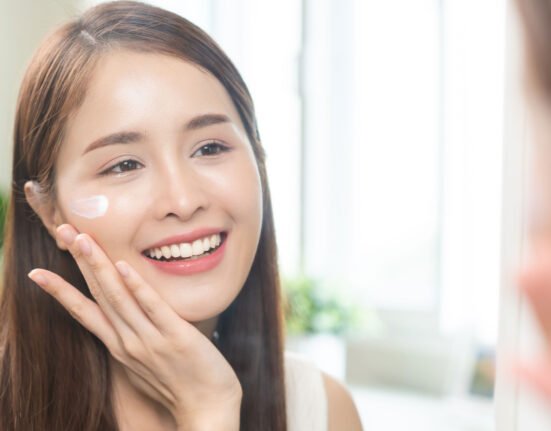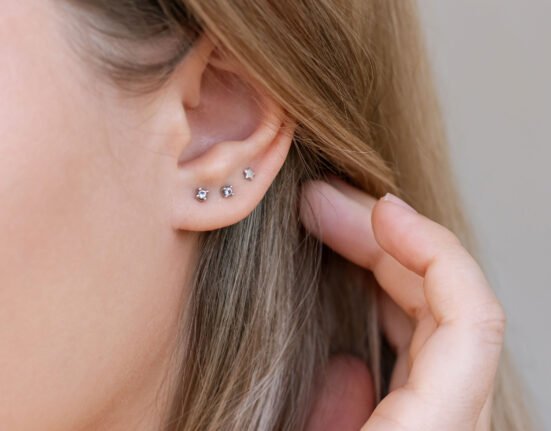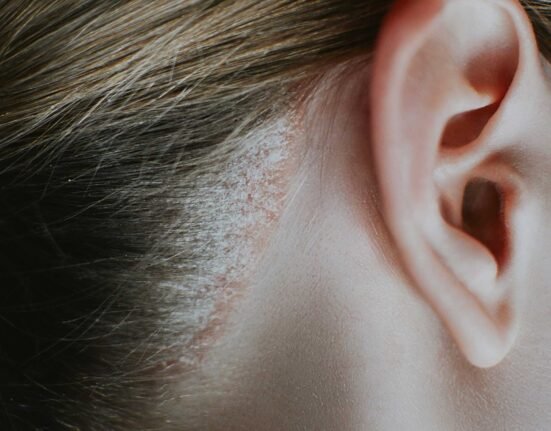Have you ever noticed uneven patches of color on your face or body? Your skin may appear red, pale, or slightly darker in certain areas at times. This condition is known as blotchy skin, and it can occur occasionally or persist, depending on the cause.
Not all blotchy skin is a cause for concern. Some changes are natural and may result from fluctuations in weather, temperature, hormones, or even physical activity.
However, in some cases, blotchy patches may indicate an underlying skin condition, irritation, or a reaction to something you have eaten or applied to your skin.
Common Causes of Blotchy Skin

Sun Exposure
Frequent exposure to UV rays can damage skin cells, resulting in sunspots, sunburn, and premature skin ageing.
This may result in uneven skin tone, especially if you skip sunscreen. Remember, sunscreen isn’t just for beach days. It’s essential for everyday protection.
Allergic Reactions
Certain foods, skincare products, soaps, or even the weather can trigger allergic responses, resulting in rashes, redness, and blotchy patches. If this happens often, it’s crucial to identify and avoid your triggers.
Hormonal Changes and Stress
Hormonal fluctuations, such as those that occur during menstruation, pregnancy, or menopause, can affect skin tone.
Stress can also inflame the skin, cause dullness or breakouts, and leave behind marks or patches.
Environmental Factors
Extreme weather conditions, like very cold or hot temperatures, can affect blood flow near the skin’s surface.
This may cause temporary redness or blotchiness. While generally harmless, recurring episodes should be monitored.
Lifestyle Habits
Drinking alcohol or eating spicy food can cause facial redness, especially in people with alcohol flush syndrome.
A poor diet, dehydration, and lack of sleep also increase the skin’s susceptibility to inflammation and discoloration.
Aging
As we age, the skin loses moisture and elasticity. This can result in uneven pigmentation, age spots, or persistent redness.
Regular use of retinoids, antioxidants, and sun protection can help manage and improve this condition.
Exercise
During workouts, blood vessels dilate to cool the body, causing temporary redness on the face or chest.
This is normal, but if blotchiness is accompanied by itching or rash, you may be experiencing a rare condition, such as exercise-induced urticaria.
If your blotchy skin is accompanied by itching, burning, flaking, or is spreading, it’s best to consult a dermatologist, especially if it doesn’t improve with regular at-home care.
To prevent blotchy skin, start by keeping your skin clean, hydrated, and protected from sun exposure.
Use gentle products, avoid harsh scrubbing, and learn what triggers your skin discoloration. With proper care, your skin can regain its even tone and healthy glow.
References
Spamedica. Accessed in 2025. Blotchy Skin.
WebMD. Accessed in 2025. Why Is My Skin So Blotchy?
Verywell Health. Accessed in 2025. Causes and Treatments to Help Blotchy Skin.














Leave feedback about this